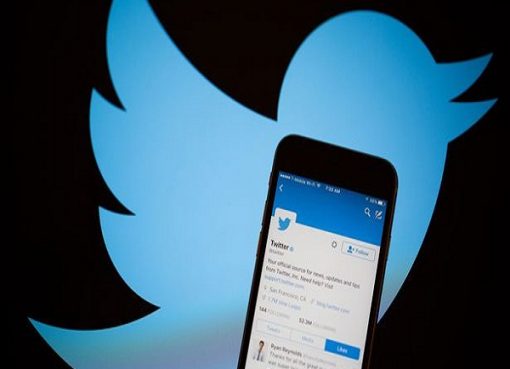Internet adoption is so expensive that 58 per cent of Nigerians are unable to access the technology, a survey conducted in 195 countries of the world has shown.
An analysis by Datareportal in August 2020, said Nigeria ranks fourth position, just below Pakistan and above Bangladesh.
India, China, and Pakistan have the highest number of people without internet access
The survey focused on where the next billion internet users come from, among the countries in the world.
”Despite its widespread use, a significant portion of the global population still isn’t connected to the internet, and in certain areas of the world, the number of disconnected people skews towards higher percentages,” the survey read.
While 42 per cent of Nigerians have access to the internet, India has the highest number of disconnected people, despite having the second largest online market in the world.
About 50 per cent of the country’s population still does not have internet access—for reference.
Only 14 per cent of the U.S. population remains disconnected to the web.
The report said China takes second place, with over 582 million people not connected to the internet.
This is partly because of the country’s significant rural population. In 2019, 39 per cent of the country’s population were living in rural areas.
“The gap in internet access between rural and urban China is significant. This was made apparent during China’s recent switch to online learning in response to the pandemic. While one-third of elementary school children living in rural areas weren’t able to access their online classes, only 5.7 percent of city dwellers weren’t able to log on.”
While India, China, and Pakistan have the highest number of people without internet access, there are countries arguably more disconnected.
There are various reasons why these regions have a high percentage of people not online, some are political, which is the case of North Korea, where only a select few people can access the wider web.
“Regular citizens are restricted from using the global internet but have access to a domestic intranet called Kwangmyong.”
Its infrastructural development is also stifled, as only two per cent of the country have access to electricity, as of 2020, which explains why so few people have access to the web.
Source: premiumtimes










